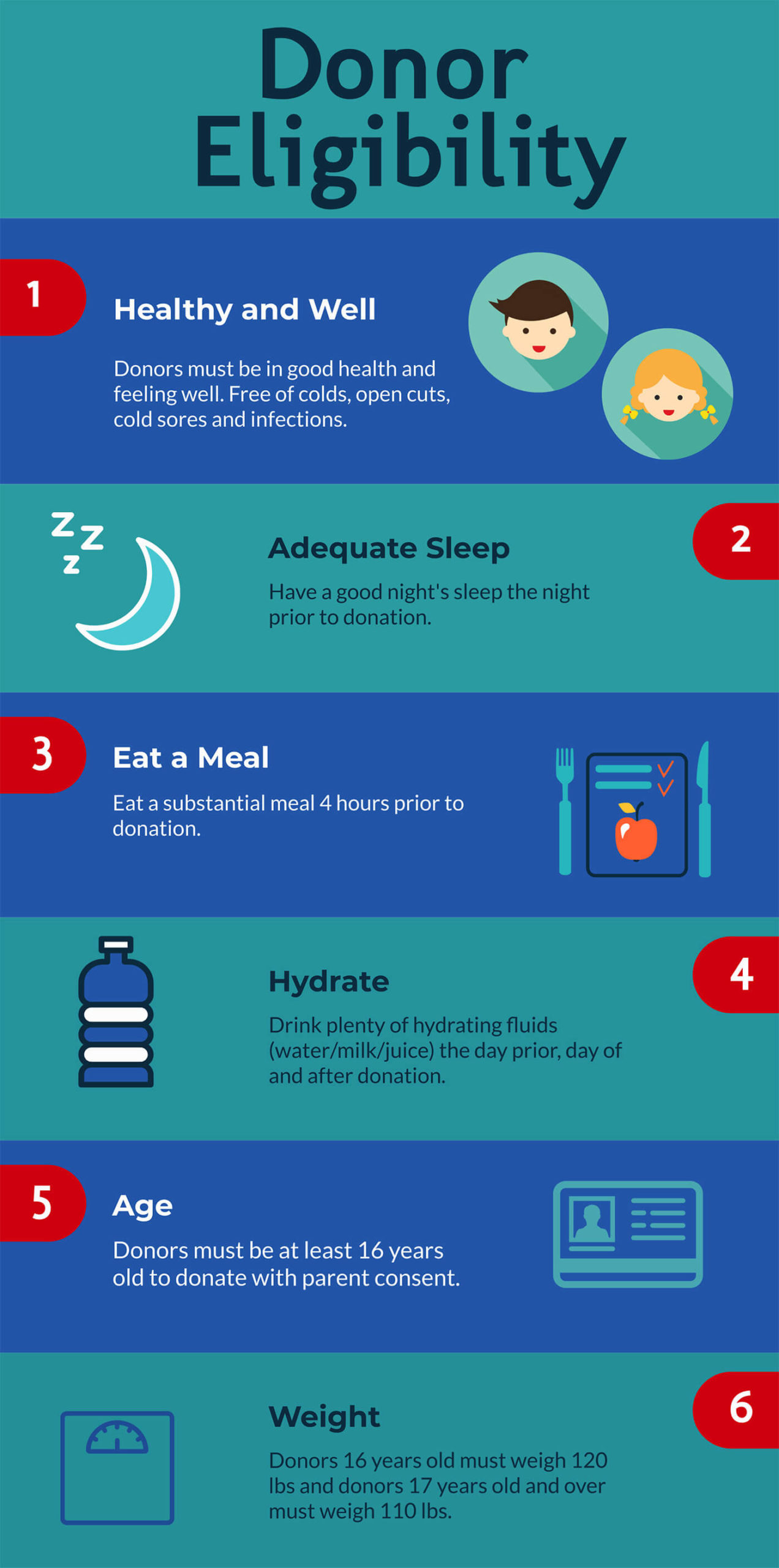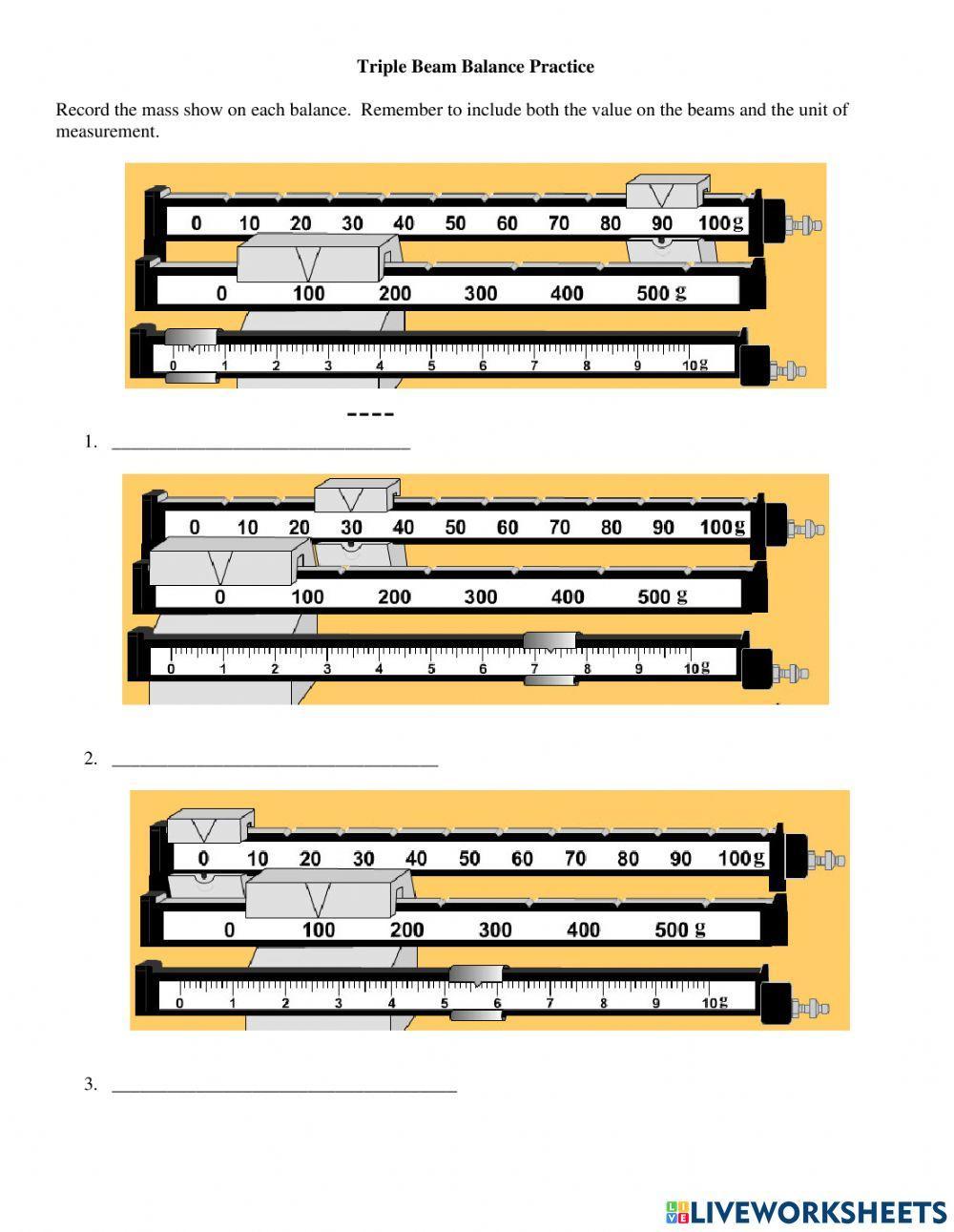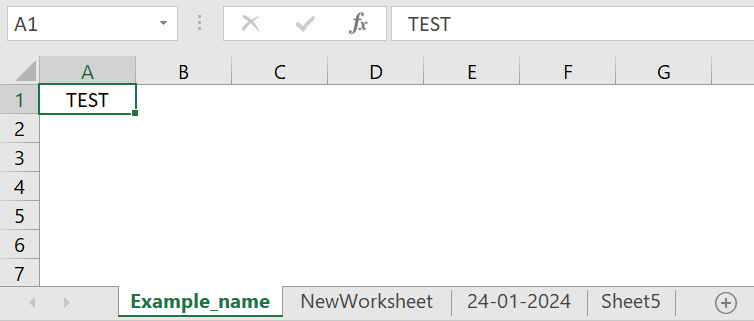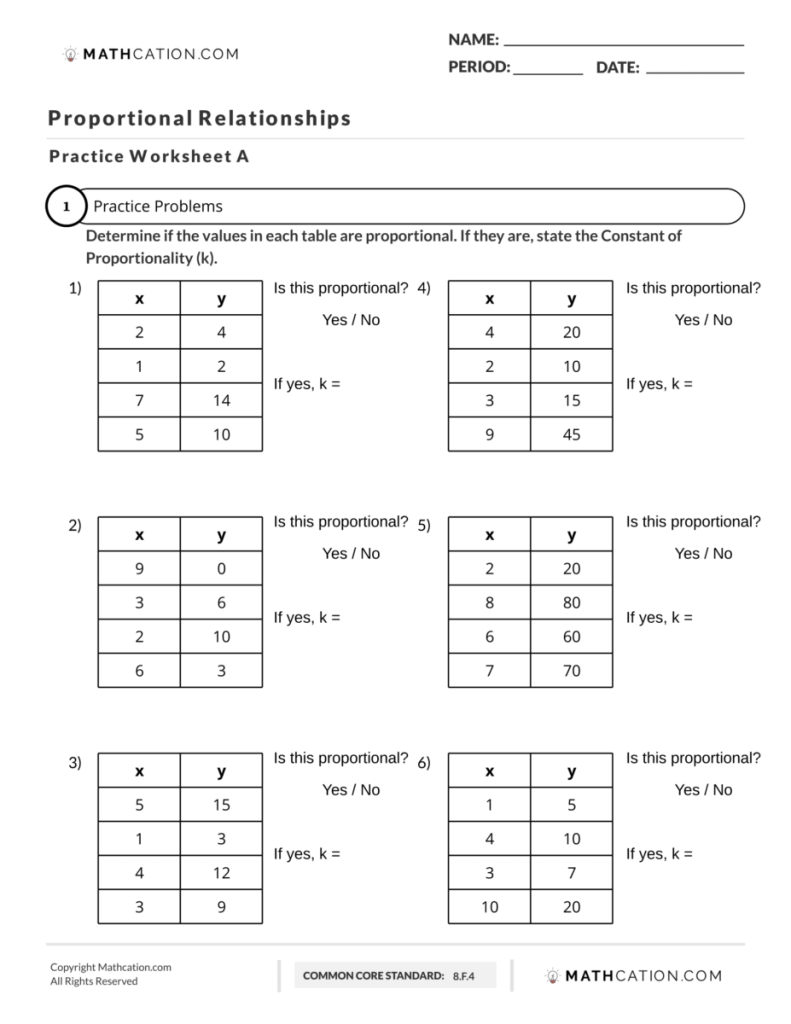Blood Types and Donation: A Simple Guide

Understanding Blood Types and Their Importance in Donation
Blood donation is a vital process that helps save countless lives every year. However, the process of blood donation involves more than just giving blood; it also involves understanding the different blood types and their compatibility. In this article, we will delve into the world of blood types, their characteristics, and the importance of matching blood types for safe transfusions.
What are the Different Blood Types?
There are four main blood types, which are determined by the presence or absence of specific antigens on the surface of red blood cells. These blood types are:
- A (A antigen present)
- B (B antigen present)
- AB (both A and B antigens present)
- O (neither A nor B antigen present)
In addition to the ABO blood group system, there is another antigen called the Rh factor, which can be either present (Rh-positive) or absent (Rh-negative). This gives us a total of eight possible blood types:
- A+ (A antigen and Rh-positive)
- A- (A antigen and Rh-negative)
- B+ (B antigen and Rh-positive)
- B- (B antigen and Rh-negative)
- AB+ (both A and B antigens and Rh-positive)
- AB- (both A and B antigens and Rh-negative)
- O+ (neither A nor B antigen and Rh-positive)
- O- (neither A nor B antigen and Rh-negative)
Why is it Important to Match Blood Types for Transfusions?
Matching blood types is crucial for safe transfusions because of the risk of an adverse reaction. If a patient receives blood that is not compatible with their own blood type, their immune system may react to the foreign antigens, leading to a range of symptoms from mild to life-threatening.
For example, if a patient with type A blood receives type B blood, their immune system will recognize the B antigen as foreign and attack it, leading to a hemolytic reaction. This can cause symptoms such as:
- Fever
- Chills
- Nausea and vomiting
- Headache
- Fatigue
- Shortness of breath
In severe cases, a hemolytic reaction can lead to:
- Kidney failure
- Heart attack
- Stroke
- Death
Who Can Donate Blood to Whom?
The following table shows which blood types are compatible with each other for transfusions:

| Blood Type | Can Receive Blood From |
|---|---|
| A+ | A+, A-, O+, O- |
| A- | A-, O- |
| B+ | B+, B-, O+, O- |
| B- | B-, O- |
| AB+ | AB+, AB-, A+, A-, B+, B-, O+, O- |
| AB- | AB-, A-, B-, O- |
| O+ | O+, O- |
| O- | O- |
How to Become a Blood Donor
If you are interested in becoming a blood donor, here are the steps to follow:
- Check your eligibility: Make sure you meet the basic eligibility criteria, which typically include being at least 17 years old, weighing at least 110 pounds, and being in good overall health.
- Find a blood donation center: Look for a blood donation center near you and schedule an appointment.
- Register and provide medical history: When you arrive at the donation center, you will be asked to register and provide your medical history.
- Take a blood test: A sample of your blood will be taken to determine your blood type and ensure that you are eligible to donate.
- Donate blood: If you are eligible, you will be able to donate blood.
💉 Note: The entire blood donation process, from registration to donation, typically takes about an hour.
Conclusion
Blood donation is a vital process that helps save countless lives every year. Understanding blood types and their compatibility is crucial for safe transfusions. By knowing your blood type and who you can donate to, you can help ensure that your donation is used effectively. If you are interested in becoming a blood donor, follow the steps outlined above and help make a difference in the lives of others.
What is the rarest blood type?
+The rarest blood type is AB-negative, which is found in less than 1% of the population.
Can I donate blood if I have a tattoo?
+Yes, you can donate blood if you have a tattoo, but you may need to wait for a certain period of time after getting the tattoo to ensure that you do not have any infections.
How often can I donate blood?
+The frequency of blood donation varies depending on the type of donation and your individual health. Typically, you can donate whole blood every 56 days.



